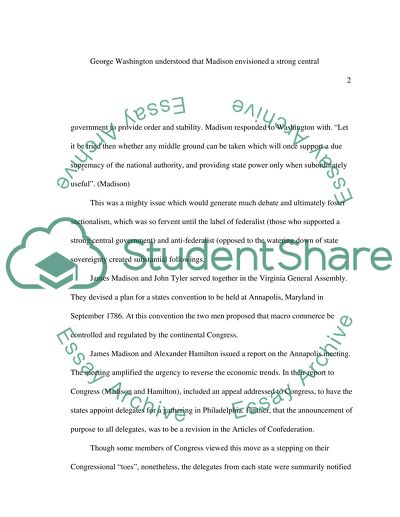Cite this document
(“Nationalism and Sectionalism Essay Example | Topics and Well Written Essays - 2500 words”, n.d.)
Retrieved from https://studentshare.org/history/1517970-nationalism-and-sectionalism
Retrieved from https://studentshare.org/history/1517970-nationalism-and-sectionalism
(Nationalism and Sectionalism Essay Example | Topics and Well Written Essays - 2500 Words)
https://studentshare.org/history/1517970-nationalism-and-sectionalism.
https://studentshare.org/history/1517970-nationalism-and-sectionalism.
“Nationalism and Sectionalism Essay Example | Topics and Well Written Essays - 2500 Words”, n.d. https://studentshare.org/history/1517970-nationalism-and-sectionalism.


